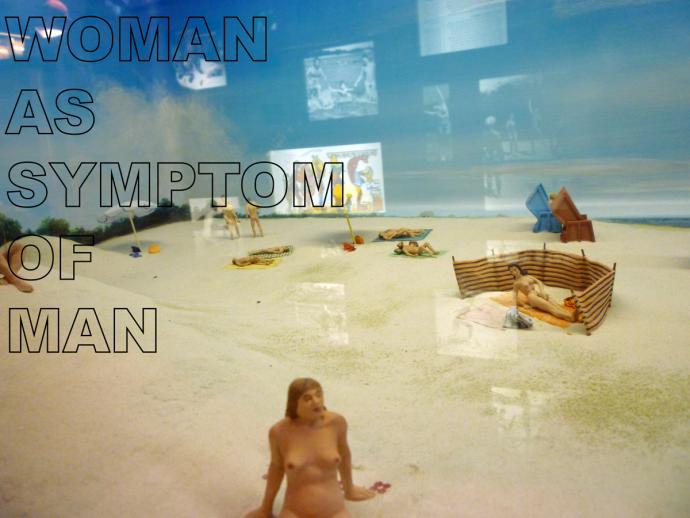from pastelegram.org, June 2011 – April 2014
Width and Against
You can interact with Kristina Felix’s Artificial Emotional Spectrometer like so:
The first page shows a grayscale, with each shade of grey assigned a word. There are ten words in total. Nine of them signify an emotional state (death isn’t an emotion but it is close). Clicking on the word pulls up two images: one black-and-white photograph of men’s or women’s underwear; the other, a word atop a grey background. That word is whatever word you clicked on, but it is now horizontally-oriented.
So the first click results in a defined set of transformations. A word paired with a grey tone—assembled among a range of other words and hues—moves to the forefront and becomes slightly more legible in its orientation switch. The now-spotlighted word defines itself in relation to an image.
Click again, and a collection of images replaces the grayscale spectrum. These images are those that the Google Image Search defines as “visually similar” to whatever image you clicked on. And you might see the similarities: similar value ranges or a slight diagonal structure apparent among all of the resulting images. There are hints at why something resulted in other things, but the links and the meanings are no longer clear. As opposed to the first click’s more measured metamorphosis, the second click reveals a near-incomprehensible set of transformations.
Meanings of words are not firm, particularly after enough prodding. The situation becomes ever more confusing when we use words to refer to ourselves and our emotions and our relationships. “I love you” is clear-talking, but it means many different things to many different people on many different occasions and within so many relationships.
“I love you” or “I hate you” or “I fear you” are easily understandable in a broad sense but almost always refer to intensely specific situations, situations in which the speaker and the spoken-to may not even be sure what they mean. And the Internet provides an abundance of such expressions—small instances that build astronomically, each instance affecting the other instances around it. As individuals express and communicate time and again, meaning deteriorates and shifts.
Artificial Emotional Spectrometer is about this ineffability; of experience and feeling, but also about what happens as the words and images we use to represent experience move around in the world.

Kristina Felix and S.E. Smith, Woman as Symptom of Man for "100 Titles for a Project," 2012.
For the essay “100 Titles for a Project,” S.E. Smith invented a series of titles for a then-yet-unspecified project. Picking titles she felt resonant, Felix paired certain titles with images taken during her walks around town. Here, Felix’s images picture some sort of experience, but are not captioned. We do not know the whens, wheres and whys of the image. Instead there is only the title, invented before the creation of the image. “Painting relates to both art and life. Neither can be made. (I try to act in the gap between the two.),” said Robert Rauschenberg famously. Perhaps Felix acts on the margins of that gap instead of within it.
In an email to me, poet Anne Marie Rooney wrote,
“ … but I also envision metaphor's work on the body as kind of a watery one. It is slippery, giving something—a body, a person, a place, a river—a name. So in a way both literal and figurative, we are all watery bodies. And I read this sort of slippage as part of Felix's project, too—how our images and words shift and meld and reshape themselves as we plug more information into the system.”
Rooney, interested in operations similar to Felix’s, wrote a lyric cycle for "Width and Against." Each section begins with a word following a slash and an equal sign, like so—
≈ / a bath, ≈ / a hand, ≈ / a boat, ≈ / a logic, ≈ / a fight
—noting the fact that something is both approximate to the word yet distinct from it. Following each of these word-abstractions are poetic verses describing personal experiences. They are also meditations on such abstractions of meaning and how they move within experience.
-- AE